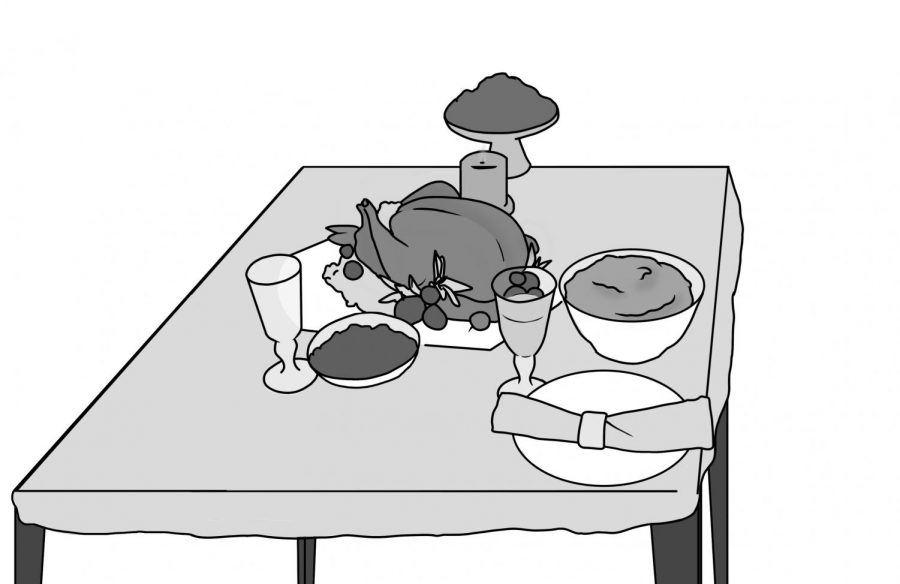To eat is such a simple life pleasure, and yet many people struggle with their relationship with food.
We are presented with an image of what is considered the ideal body. Usually, slim and lean for women, and muscular and athletic for men. We are led on to believe that food is the means by which we can achieve this certain look.
We are conditioned to villainize food. We have a distorted perception of what it means to eat healthy.
Too often we focus on the foods that are “bad” for us and foods we should not be eating.
We think carbs will lead to excess fat. We feel a need to avoid sugars at all costs. We fail to distinguish between saturated and unsaturated fats. These notions are ill-advised.
Nutrition is not something we are well versed in. But by taking the liberty to educate ourselves on food, we can free ourselves from the media’s misguided nutritional advice we so often find ourselves falling for.
Dieting can certainly lead to short-term changes, but it is not something that is sustainable.
When we do decide to have a cheat meal or cheat day, we feel unnecessarily guilty over it. We tend to repent by undereating the next day. Or, sometimes, we give into our cravings and binge eat to excess.
In reality, eating a sugary treats or junk food every once in a while is not something to agonize over. It should feel satisfying and rewarding to eat something delicious that we don’t regularly have.
Always counting calories with scrutiny can lead to unhealthy obsessions with what we allow ourselves to consume.
These unhealthy coping mechanisms are due to the mindset we have towards food. Good eating is a lifestyle, not a diet. Food should be something that is cherished, not a point of concern.
We should instead shift our focus towards the food we can and want to eat. Let’s allow ourselves to enjoy our meals — calorie counting should not even be an afterthought.
And the truth is calories are not as significant as the media tells us they are. If someone is trying to change their body, whether it be losing weight or gaining muscle, the real emphasis should be on micronutrients. Increasing the amount of fiber in your diet aids with weight loss, while proteins work to build muscles.
It is still possible to have a healthy relationship with food and your body, while still attempting to change the way you look. We just have to be mindful about the relationship we have with food.
Eating a treat once in a while is not the end-all, be-all the media makes it out to be. We should happily allow ourselves to indulge in all the wonderful flavors food has to offer.
Everything can be eaten as long as it is in moderation.
Eating fresh fruits and vegetables and cooking our own meals rather than microwaving pre-made processed food is more influential than anything else. This crafts a healthy relationship between our bodies and our food. Healthy eating is wholesome eating.
By regularly eating whole foods, we maintain a healthy lifestyle.
Let’s eat — not diet.
Catherine Van Weele is a sophomore studying political science. Follow her on Twitter @catievanweele.








